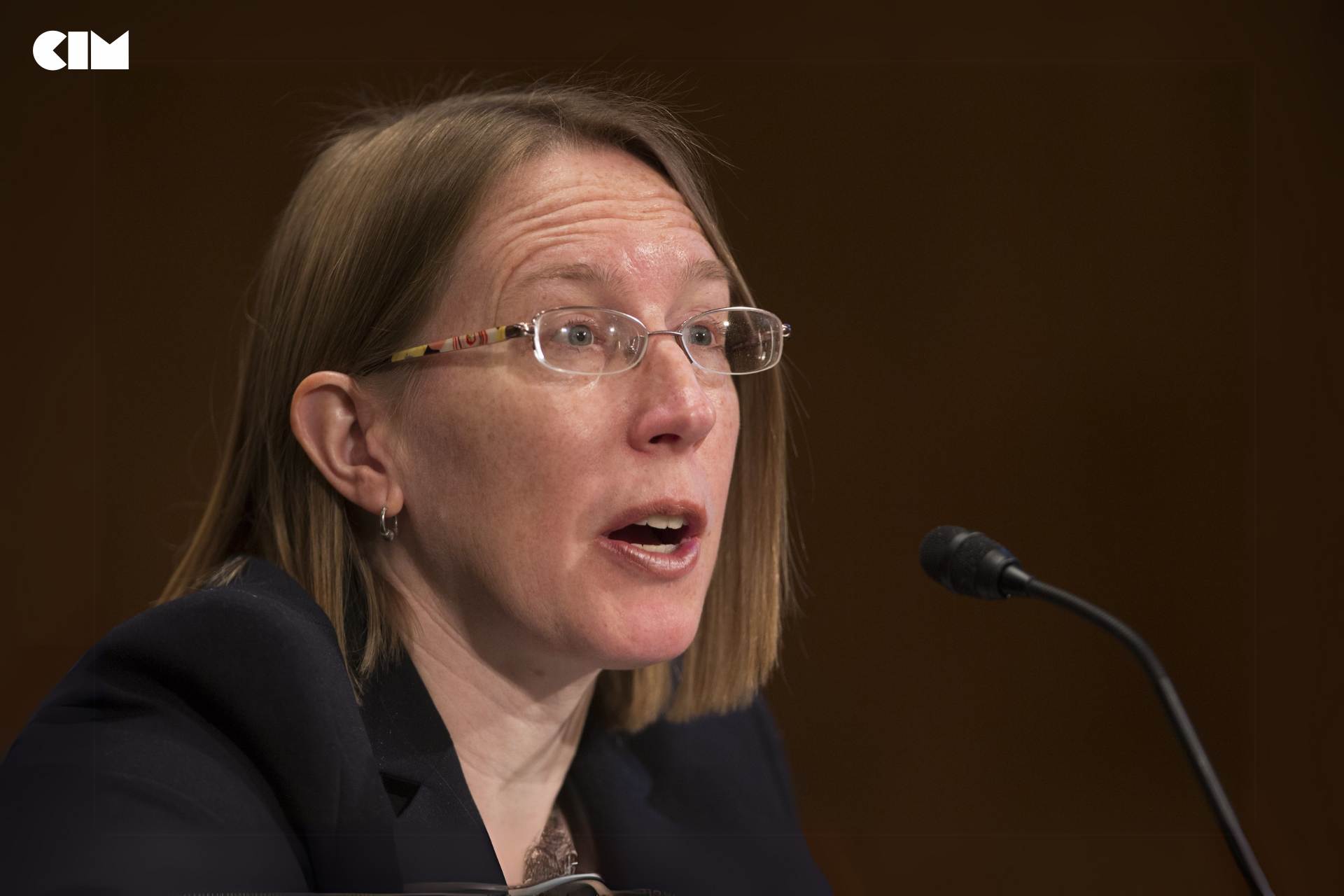SEC Commissioner Hester Peirce, now leading the agency’s newly formed crypto task force, has long been an advocate for the industry. As one of the more crypto-friendly voices in the U.S. Securities and Exchange Commission (SEC), she has been vocal about the need for regulatory clarity.
In a conversation with CoinDesk on February 28, just hours before President Donald Trump announced a White House crypto summit, Peirce outlined her vision for the task force and the broader regulatory landscape.
As per reports, Peirce emphasized the SEC’s intent to rethink its approach to crypto oversight. The commission is set to host an event on crypto policy on March 21, signaling what could be a shift in how the regulator engages with the sector.
She acknowledged that the last few years have been tumultuous for the industry, with enforcement actions often taking precedence over clear regulatory frameworks. Now, she hopes to provide more definitive guidance and work toward distinguishing which aspects of crypto regulation fall under the SEC’s jurisdiction.
Peirce highlighted the complexity of the regulatory landscape, stating that some matters may be better suited for congressional action rather than SEC rulemaking.
“I think the goal is to try to think about what we can just carve out and say to people, ‘this isn’t in our jurisdiction.’ Congress, if you want to put it in our jurisdiction, that’s fine, but it’s not there,” she said.
She further explained that for the areas that do fall under the SEC’s purview, the focus should be on providing clarity, even if it means introducing temporary measures until more concrete legislation is in place.
The regulatory uncertainty has been a point of contention between the crypto industry and federal agencies. With multiple agencies, including the Commodity Futures Trading Commission (CFTC), overseeing different aspects of the space, jurisdictional overlaps have often led to confusion. Peirce noted that market structure bills and other proposed legislation could help delineate responsibilities between regulators, allowing for a more structured approach to crypto oversight.
Stablecoins have emerged as one of the key areas where congressional intervention may be necessary. Peirce pointed out that while decentralization is a fundamental principle of the crypto industry, centralized entities continue to play a significant role. This raises concerns about investor protection and market stability, making stablecoin regulation a priority for lawmakers.
The discussion also touched upon the SEC’s enforcement strategy. In recent years, the agency has faced criticism for what some perceive as an overly aggressive approach, using enforcement actions to set policy rather than issuing clear guidelines. Peirce suggested that a course correction may be underway.
“We don’t want to use our enforcement division to write regulatory policy,” she stated, adding that the task force aims to allow regulatory divisions to handle policymaking while enforcement focuses on addressing actual violations.
Recent developments, such as the SEC’s joint filing with Coinbase to withdraw an ongoing case related to registration violations, indicate a potential shift in approach. Peirce acknowledged that while enforcement remains crucial, the agency must ensure that its actions align with broader regulatory objectives.
She reiterated that bad actors engaging in fraudulent activities would still face scrutiny, but the SEC would also assess whether certain cases might be better handled by other agencies.
Editorial Note: This news article has been written with assistance from AI. Edited & fact-checked by the Editorial Team.




